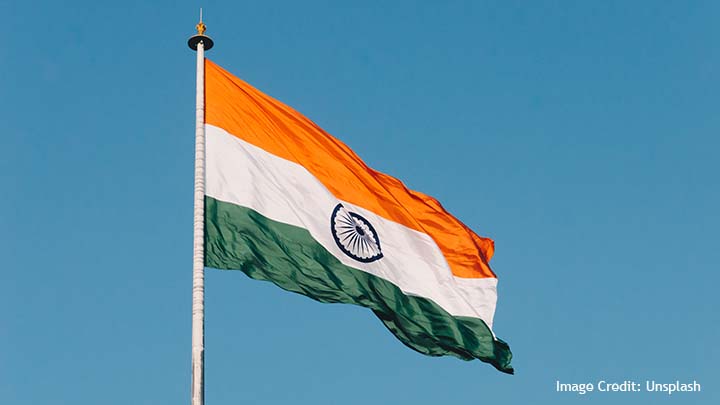As G20 President, Can India Advance Its Multipolar Worldview?

Jagannath P. Panda
Introduction:
Days after the G-20 summit in Bali, which marked the end of the Indonesian presidency and heralded the group’s Indian leadership for the new term beginning in December, Indian Prime Minister Narendra Modi addressed his domestic audience about India’s “big opportunity” to “focus on global good.” This encapsulated the essence of his speech at the closing session of the summit in Indonesia, which linked India’s global ambitions of establishing a multipolar world and its growing projection as the leader of the Global South.
Thus, the overarching theme of India’s G-20 presidency will revolve around development (making the G-20 “a catalyst for global change”). This primarily involves facilitating the redistribution of global goods by enhancing sustainable partnerships between developed and developing countries, and also reinvigorating South-South cooperation.
Related Publications
-
ISDP Annual Report 2023
ISDP’s Annual Report for the year 2023. We look back on 2023, a year in which tensions and conflicts captured the strategic space in ISDP’s focus areas, making headlines around […]
-
Not Drawing a Parallel. Ukraine and Taiwan: An Indian Perspective
Russia’s war against Ukraine has not only had economic, diplomatic, and geopolitical repercussions, but also exaggerated the fear of accelerated conflicts in the Indo-Pacific, a region with several unresolved conflicts […]
-
EU-Thailand FTA Negotiations: IUU Fishing and Human Rights Remain Obstacles
Thailand’s fishing industry, which at its height saw as many as 200,000 migrant workers from neighboring Laos, Myanmar, and Cambodia caught in a brutal system of abuse, withered global criticism […]
-
Trade, Connectivity and Supply Chains in EU-India Relations
In the decade and a half since 2007 when the EU and India first started their FTA negotiations, the world economic order has undergone a sea change. During that period, […]
-
India-Japan-Philippines: A Strategic Maritime Trilateral or More?
Regional states like India, Japan, and the Philippines have been seeking cooperative solutions with other middle powers that can both counter the Chinese influence and fulfill other economic as well […]




